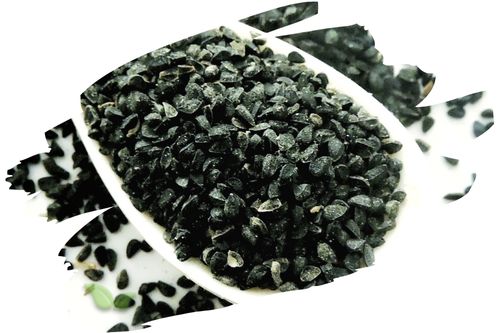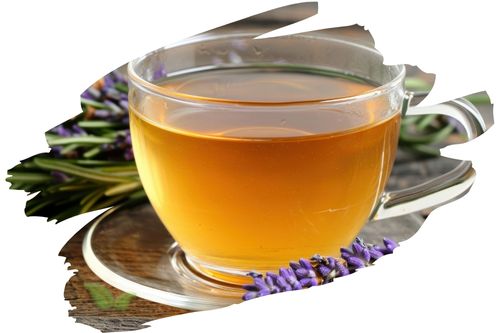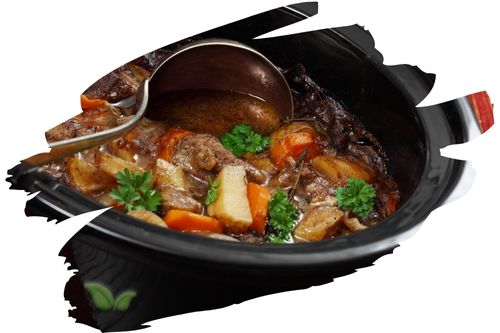
Introduction
In the world of natural remedies and aromatherapy, Lavender and Chamomile stand out as two popular choices. While both are renowned for their calming and soothing properties, they have distinct characteristics that make them suitable for different purposes. In this article, we'll delve into the Lavender vs. Chamomile debate without discussing health benefits, aiming to help you make informed choices for your needs.
Lavender vs. Chamomile: A Closer Look
Lavender: Nature's Calm
Lavender, often referred to as "Nature's Calm," is a versatile herb known for its enchanting fragrance and a myriad of applications.
Chamomile: The Soothing Elixir
Chamomile, on the other hand, is often touted as "The Soothing Elixir." It's renowned for its gentle, apple-like scent and therapeutic qualities.
Lavender vs. Chamomile in Aromatherapy
Lavender: The All-Rounder
Lavender's sweet, floral scent makes it a popular choice in aromatherapy. Its calming aroma helps reduce stress and anxiety, making it perfect for relaxation.
Chamomile: Sleep Aid Extraordinaire
Chamomile's mild, apple-scented oil is a go-to remedy for improving sleep quality. Its soothing aroma promotes deep and restful slumber.
Lavender vs. Chamomile in Home Décor
Lavender: Fragrant Décor
Dried lavender flowers are a popular choice for home decor. They not only add a lovely fragrance to your space but also bring a touch of elegance.
Chamomile: Delicate Accents
Chamomile's delicate white flowers can be used for decorative purposes, adding a subtle and charming touch to your home.
Lavender vs. Chamomile in Tea and Infusions
Lavender: Floral Tea Bliss
Lavender tea offers a unique floral flavor. It's known for its calming effect and is often used to relieve stress and unwind.
Chamomile: The Evening Elixir
Chamomile tea is celebrated for its soothing properties. Sipping a cup before bedtime can help you relax and prepare for a restful night's sleep.
Lavender vs. Chamomile in Cuisine
Lavender: Culinary Creativity
Lavender's aromatic essence is sometimes used in culinary experiments. It can elevate the flavor of dishes like desserts and sauces.
Chamomile: A Hint of Flavor
Chamomile flowers, with their subtle flavor, can be infused into various recipes, from teas to baked goods, imparting a gentle taste.
FAQs
Q: Can I use Lavender and Chamomile interchangeably in aromatherapy? A: While both have calming properties, Lavender is more versatile for aromatherapy, while Chamomile is best known for promoting sleep.
Q: Are there any side effects to using Lavender or Chamomile? A: Both herbs are generally safe for external use, but it's advisable to consult a professional before using them in concentrated forms.
Q: Can I consume Lavender or Chamomile in large quantities? A: Moderation is key. While Lavender and Chamomile are safe in moderate amounts, excessive consumption may lead to adverse effects.
Q: Is it possible to combine Lavender and Chamomile in tea? A: Yes, blending Lavender and Chamomile in tea can create a soothing and fragrant brew that combines the best of both herbs.
Q: Are there any contraindications for Lavender or Chamomile use? A: Individuals with allergies to the Asteraceae plant family should exercise caution when using Chamomile.
Conclusion
In the Lavender vs. Chamomile comparison, these two herbs offer unique qualities that cater to various needs. Lavender shines in aromatherapy and skincare, while Chamomile is renowned for its sleep-inducing properties and gentle touch on the skin. Whether you're seeking relaxation, culinary adventures, or home decor, Lavender and Chamomile each have their place in the world of natural remedies.
Alert: While spices can have many beneficial properties for health, using them for medical purposes should be done under the guidance and supervision of a healthcare professional or specialist. Some spices may interact with medications or cause adverse reactions in certain individuals, and it is important to use them safely and appropriately. If you are considering using spices for a medical condition, it is important to consult with a healthcare professional before doing so.




















































